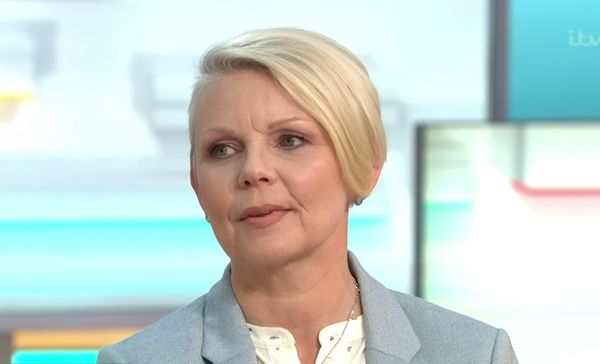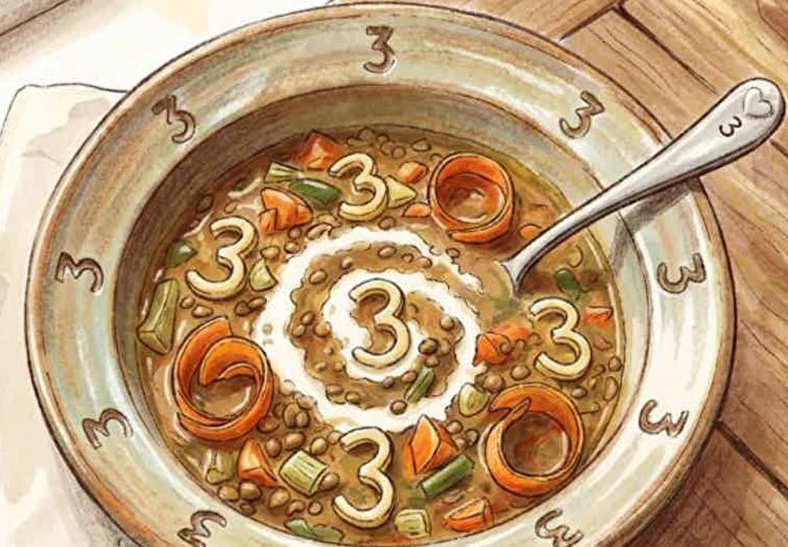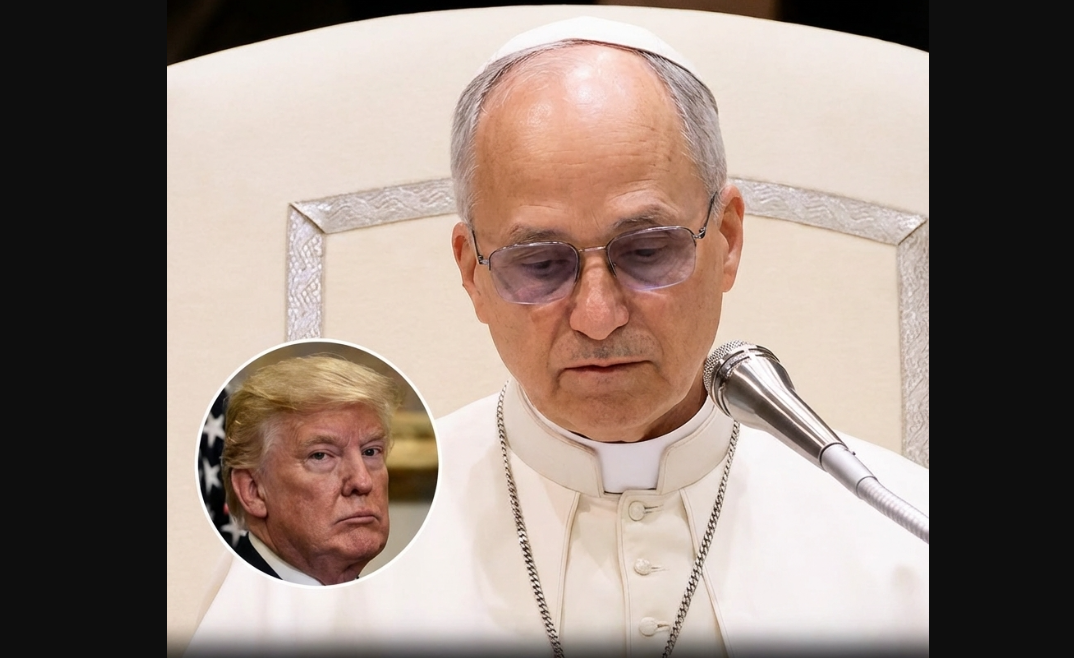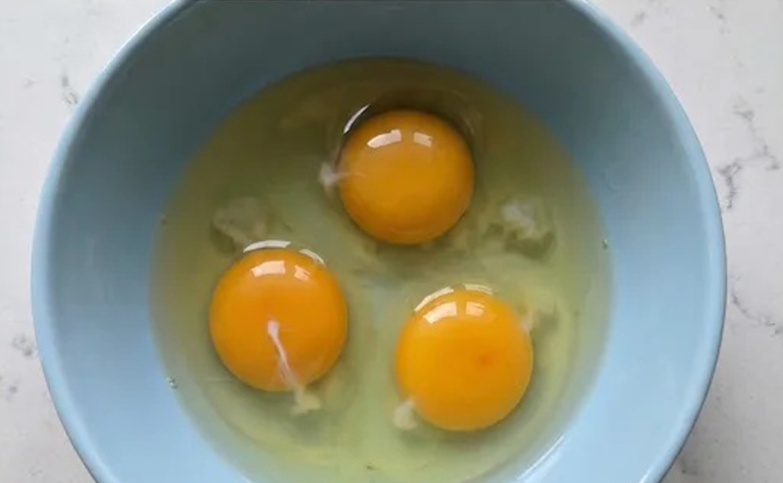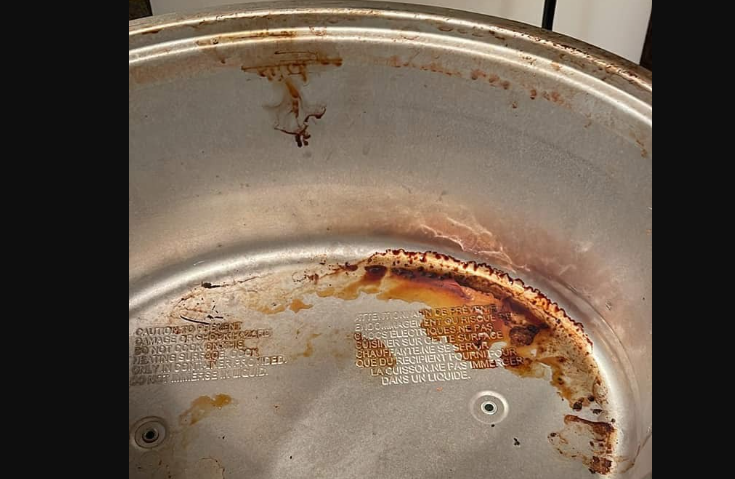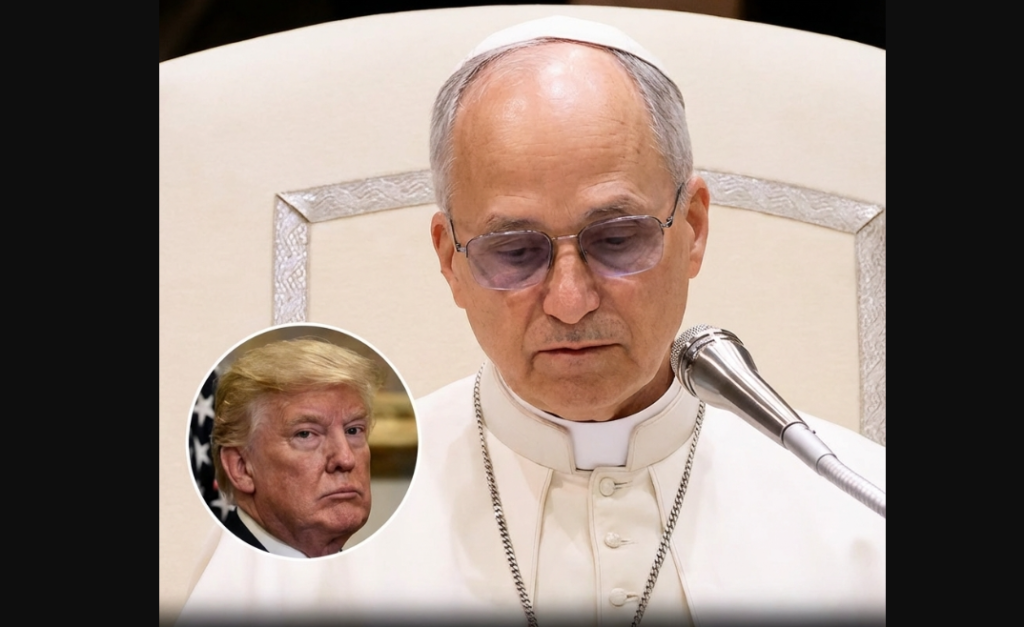Author and educator Deanne Carson recently suggested that parents should seek consent from their babies before changing their diapers to promote a “culture of consent” from an early age. This idea has sparked a significant debate, with opinions sharply divided. Some praise her for encouraging bodily autonomy, while others dismiss the notion as impractical and absurd.

The controversy intensified when Rowan Dean, host of Sky News Australia’s “Outsiders,” criticized Carson’s suggestion as “leftie lunacy,” mocking the idea of obtaining consent from infants. This critique propelled Carson into the spotlight, prompting her to defend her stance on social media.
In her defense, Carson highlighted the importance of teaching consent to young children, referencing alarming sexual assault statistics as justification for initiating consent conversations early. Her comments have drawn both acclaim and condemnation, underscoring the divisive nature of her advocacy.

Supporters commend Carson for her commitment to abuse prevention and championing children’s rights. Critics, however, view her approach as excessive and impractical. Former New South Wales Senate candidate Kirralie Smith went so far as to label Carson’s proposal as “neglect and child abuse,” emphasizing the practical challenges of childcare and infant hygiene.
Despite the backlash, Carson has received support from advocacy groups like Facts Without Frenzy, who align her teachings with international best practices in abuse prevention. They believe her guidance is essential for parents navigating sensitive conversations with their children.

This debate has raised complex questions about consent, bodily autonomy, and the role of caregivers in fostering healthy relationships with their children. While some view Carson’s recommendations as progressive, others argue they trivialize serious issues like sexual assault.
As the discourse continues, one thing is clear: Carson’s call for consent in childcare has ignited a controversy that shows no signs of fading. Whether her proposals signify a groundbreaking shift in parenting norms or a misguided overreach remains to be seen. For now, the debate rages on, driven by passionate voices on both sides.
